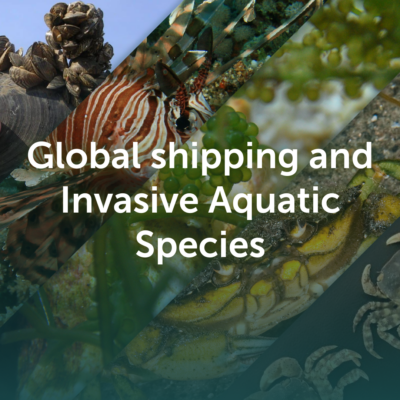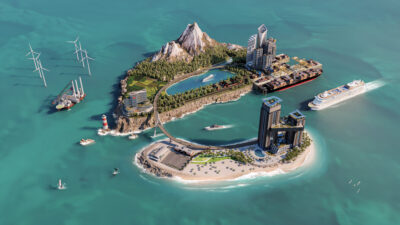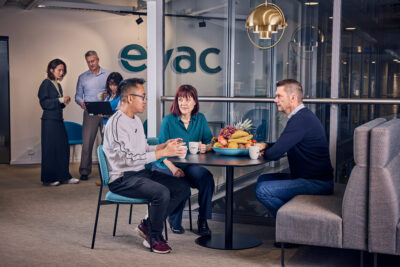Ponant sets the highest sustainability standards with Evac technology
Evac and Ponant have a shared vision of zero-impact cruises, from processing onboard biowaste today to recycling potable water tomorrow.
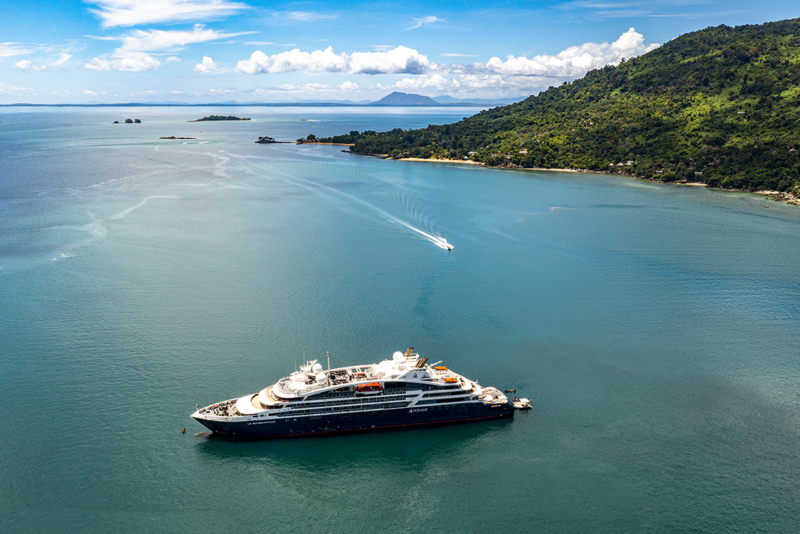
The luxury and expedition cruises market may be niche, but it’s growing year on year. By 2027, passenger capacity is expected to have risen by almost 110% from its 2019 level, and fleets are forecast to grow by 45% over the same period*.
French cruise operator Ponant is one of the important players in this niche industry. Founded some 30 years ago by a group of merchant marine officers, the company operates 13 luxury and specialised vessels that sail to exotic destinations around the world, including the North and South Poles. Capacity aboard each vessel is typically limited to no more than 200 passengers.
Ponant prides itself on sustainability, taking care to reduce its operations’ environmental footprint and staying a step ahead of regulations. This means innovating with technologies that optimise energy consumption and minimise waste. With such a philosophy, it was a natural fit for Ponant to begin working with Evac some 15 years ago.
Fit for the strictest regulations
“When we launched our Boreal series in 2009, we chose to install Evac vacuum-toilet systems onboard. Then later we developed a stronger collaboration with the company to implement an Evac solution to treat black water on our explorer vessels. We also use Evac’s food waste collection systems,” says Mathieu Petiteau, Newbuilding and R&D Director at Ponant.
Today, every vessel in Ponant’s fleet has Evac equipment of some kind. All vessels delivered since 2018 feature Evac’s advanced wastewater treatment solution for collecting grey and black water.
The solution uses bacteria to degrade the waste material, after which the water is passed through ultra-filtration membranes with a lower mesh size than the bacteria. The effluent can then be reused in onboard technical processes (such as engine cooling) or it can be safely discharged at sea.
“This Evac technology complies with the most stringent of marine environmental rules, which are those in place around Alaska and in the Baltic Sea,” explains Petiteau.
Ponant is now focusing on developing a new generation of vessels that we envision will have zero environmental discharge at sea. Evac is a key partner on this journey.
Mathieu Petiteau, Newbuilding and R&D Director at Ponant
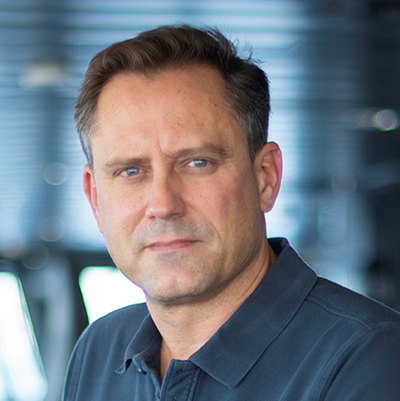
Imagining the future together
Ponant now wants to go even further and completely eliminate the need to discharge biosludge and food waste at sea.
For its new vessel project SWAP2ZERO, the cruise operator is studying Evac’s HydroTreat technology. The solution transforms biosludge and food waste into organic biochar pellets that can be used as fertiliser.
“Evac is a great partner and a very innovative company. They listen to our intentions and understand how Ponant is always trying to go a bit further to solve onboard waste problems and even prevent discharging at sea. We cooperate closely to exchange ideas to improve the technology even more,” says Petiteau.
“Ponant is now focusing on developing a new generation of vessels that we envision will have zero environmental discharge at sea. Evac is a key partner on this journey.”
“We are even imagining a future where potable water can be recycled onboard. Water is becoming a scarce resource, and energy consumption is something we always need to think about. It’s becoming evident that you can use less energy by treating wastewater onboard and making it potable again. This is now something we are working on together,” he explains.
————
*Annual Report, Cruise Industry News, 2023: State of the Cruise Industry 2023, CLIA
Photos: Ponant
